17 Courses
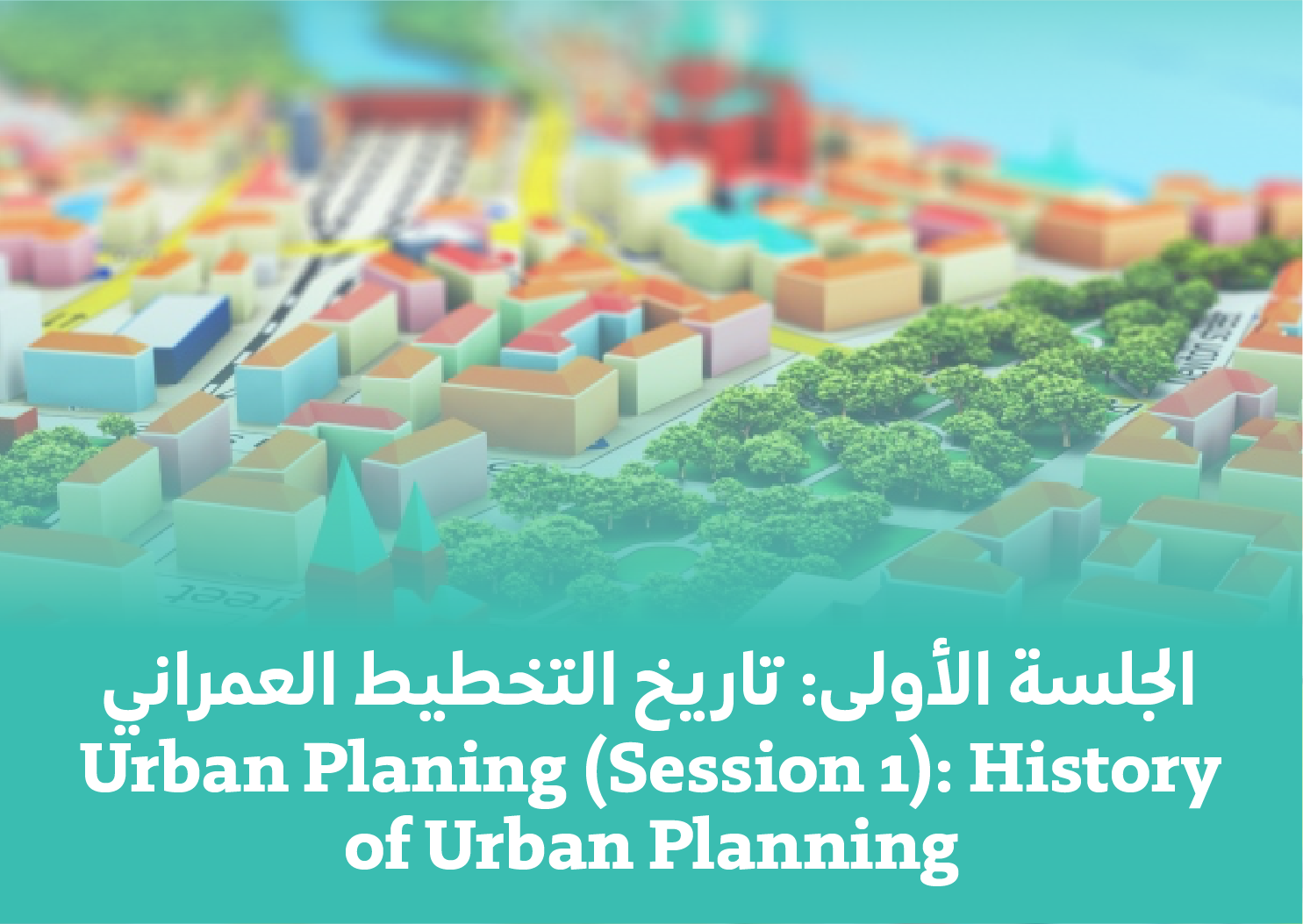
Introduction to Urban Planning
Session 1: History of Urban Planning
This session provides an overview of the contents and the scope of the training course. It covers the global history of urban planning, the key challenges facing cities today and the need for planning to address these challenges.
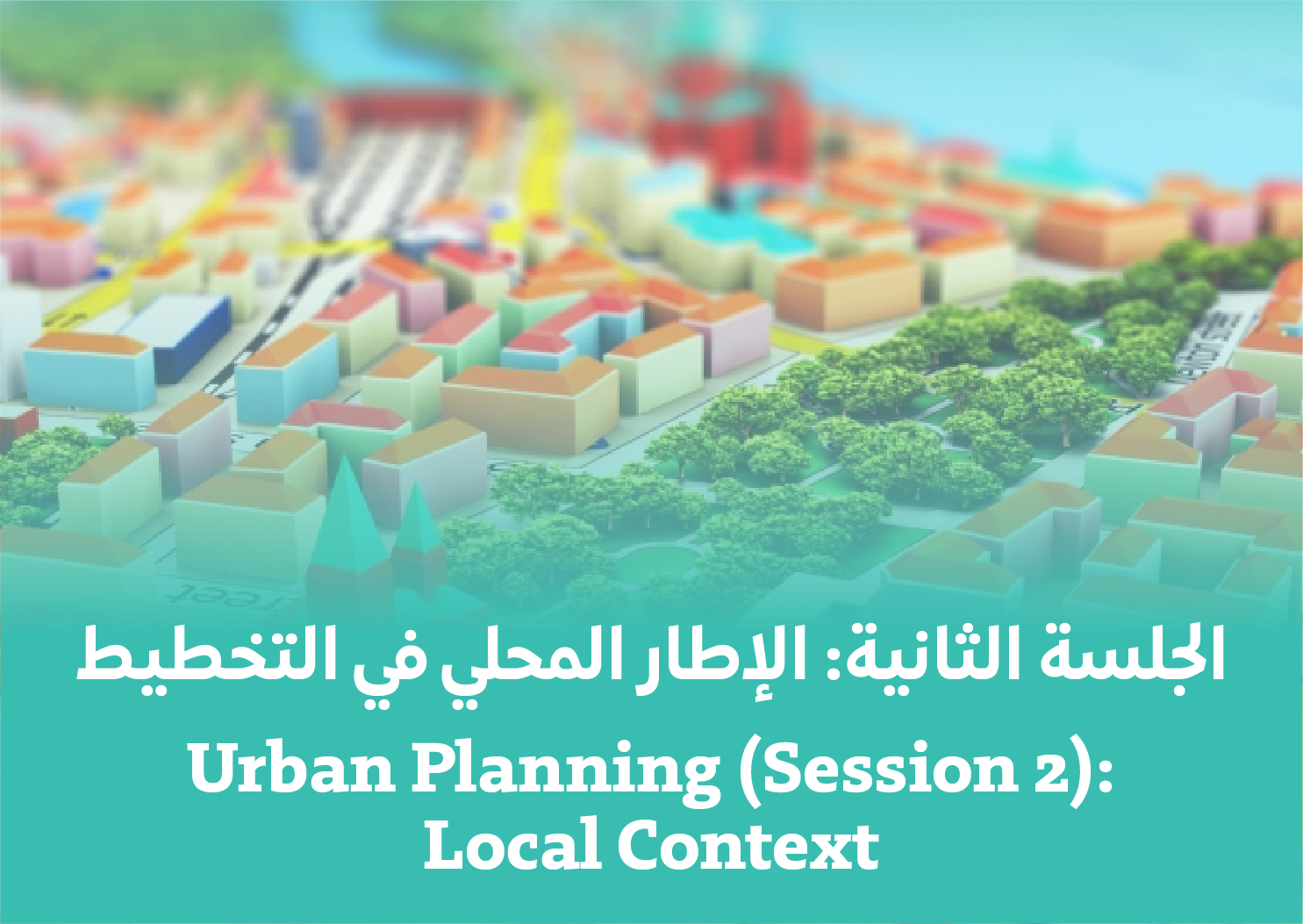
Introduction to Urban Planning
Session 2: Context of Local Planning
This session covers the topic of local identity and context in the planning process. It looks at the global and regional influences that have shaped Libyan cities today, as well as the need for comprehensive and strategic planning.
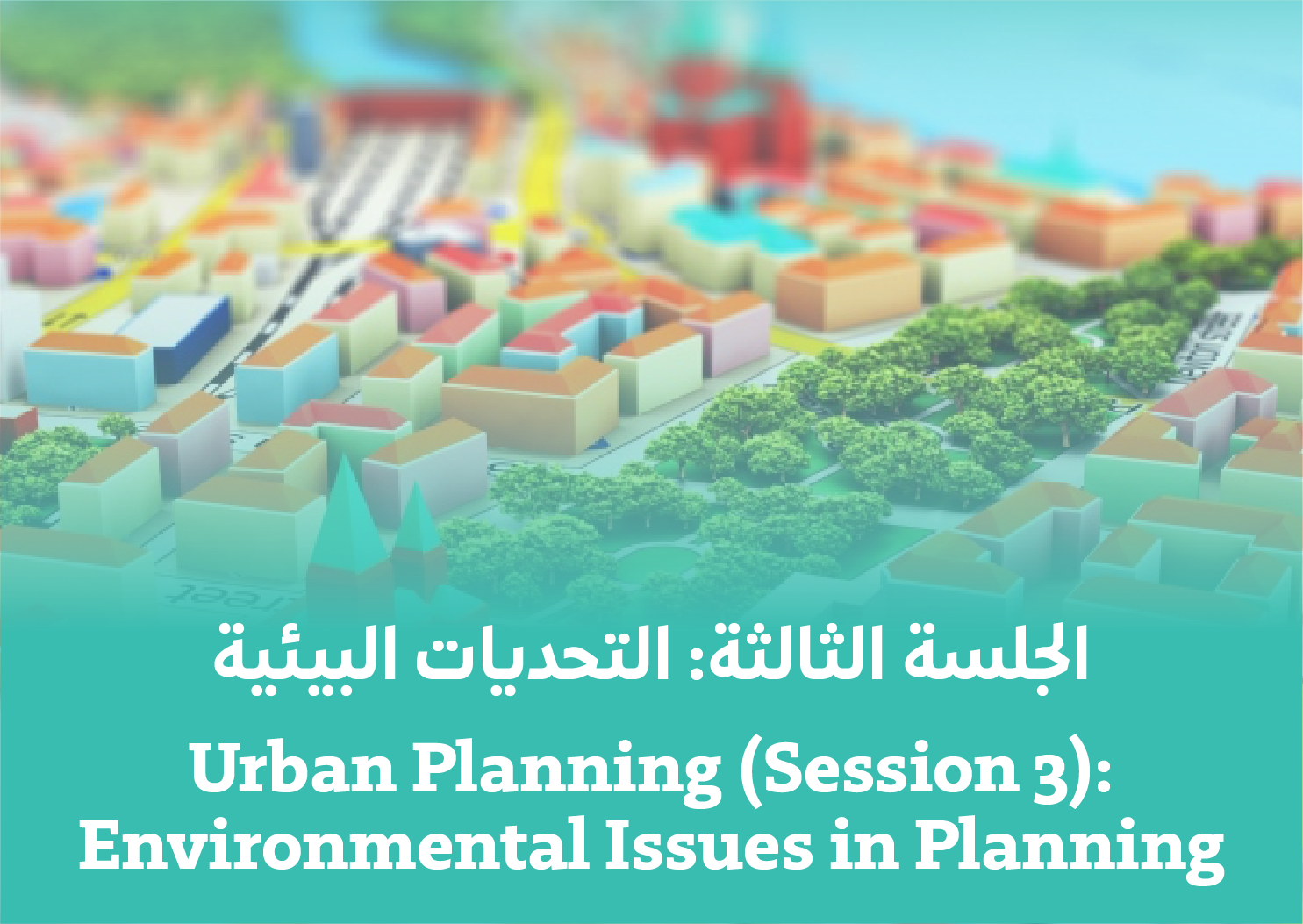
Introduction to Urban Planning
Session 3: Environmental Challenges
This session provides an overview on the importance of factoring in environmental elements in the urban planning process. It covers the history of the environmental movement, and explores environmental risks facing Libyan cities today as well as planning methods to mitigate these risks.
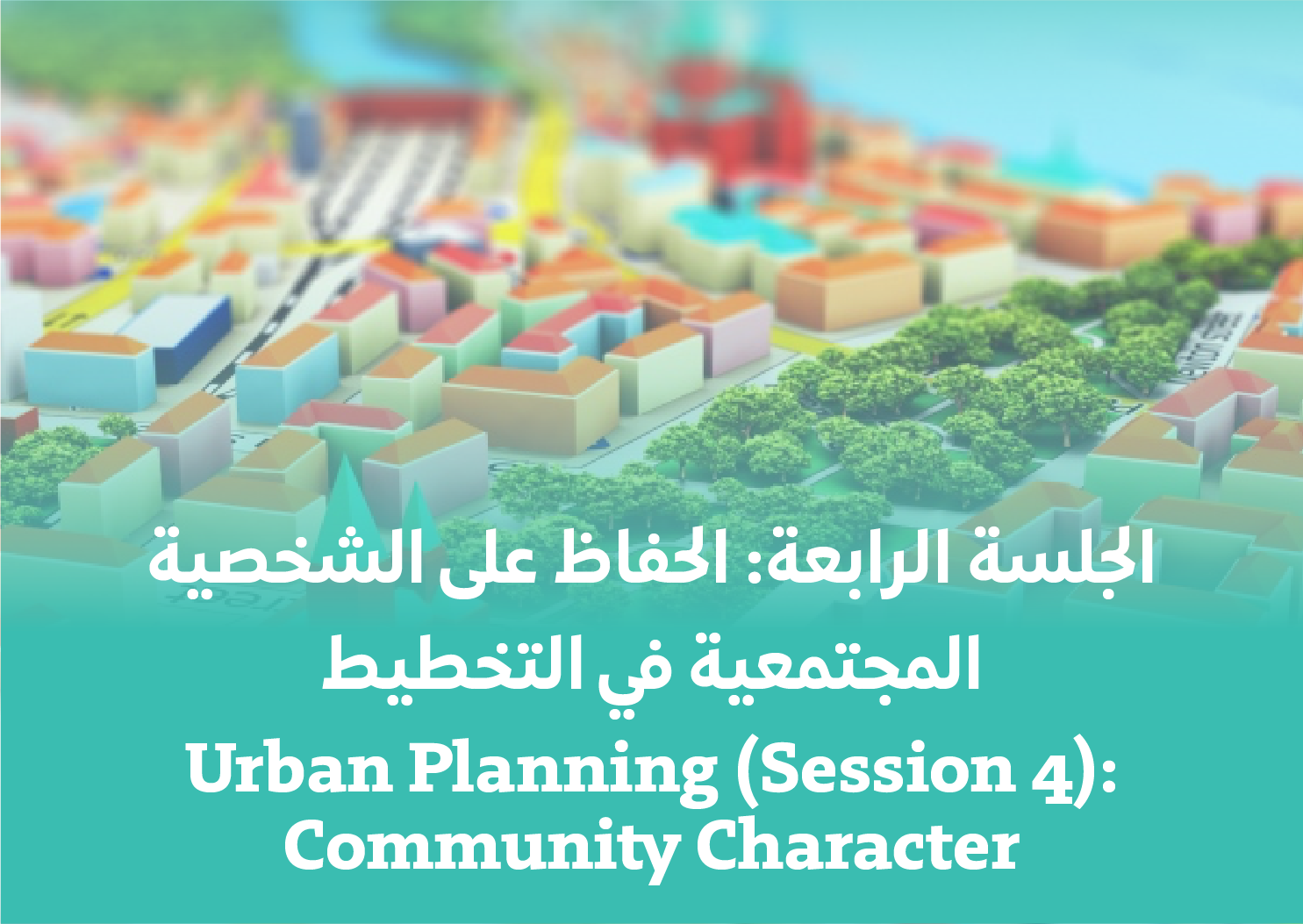
Introduction to Urban Planning
Session 4: Community Character
This
session explores the topic of heritage conservation and the importance of built
heritage for cities. It also looks at equitable and socially just development,
and models of public investment to achieve comprehensive development.
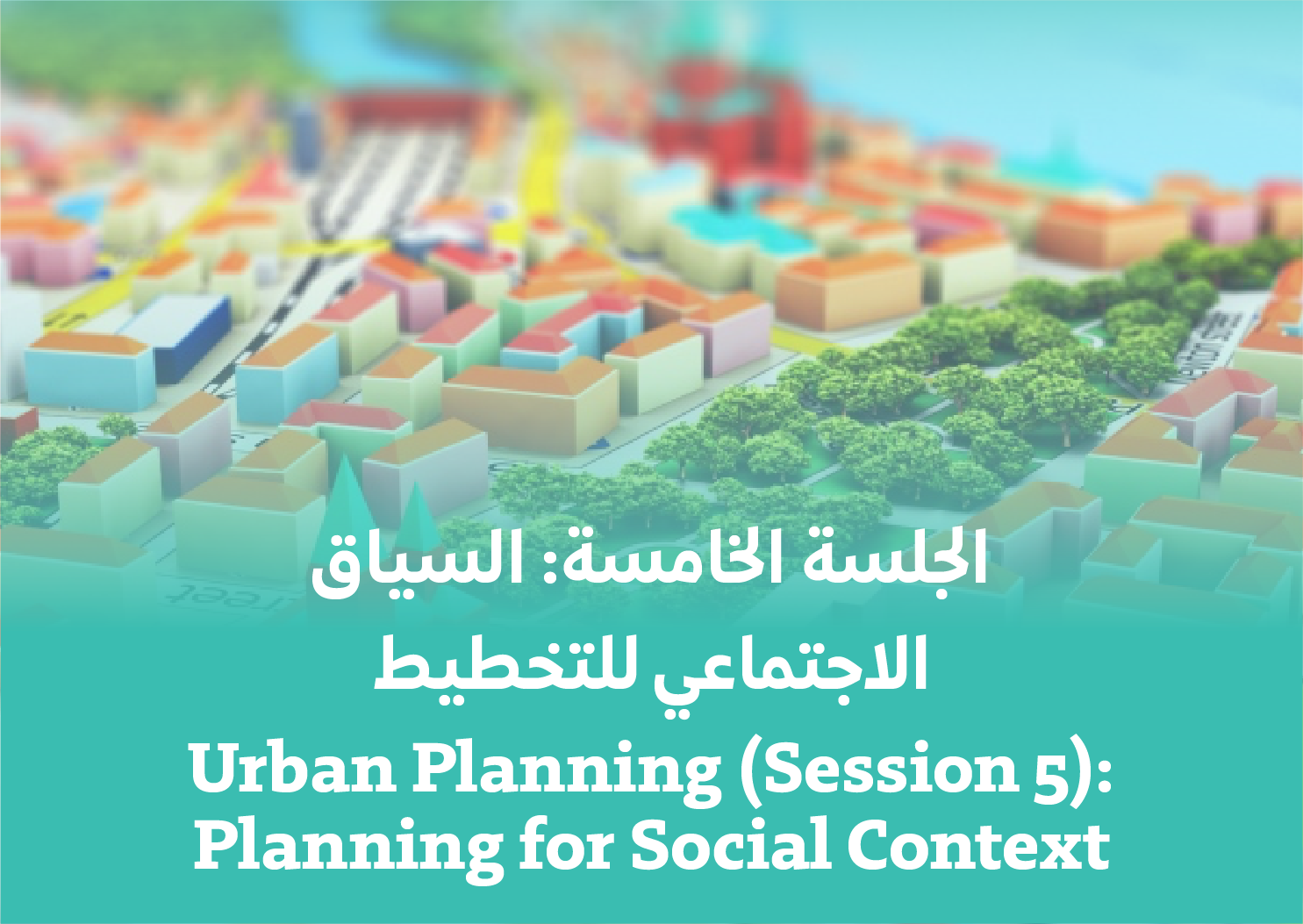
Introduction to Urban Planning
Session 5: Social Context
This
session focuses on the social aspect of local planning through the provision of
housing. It looks at models of social housing provision and factors that impact
the real estate market.
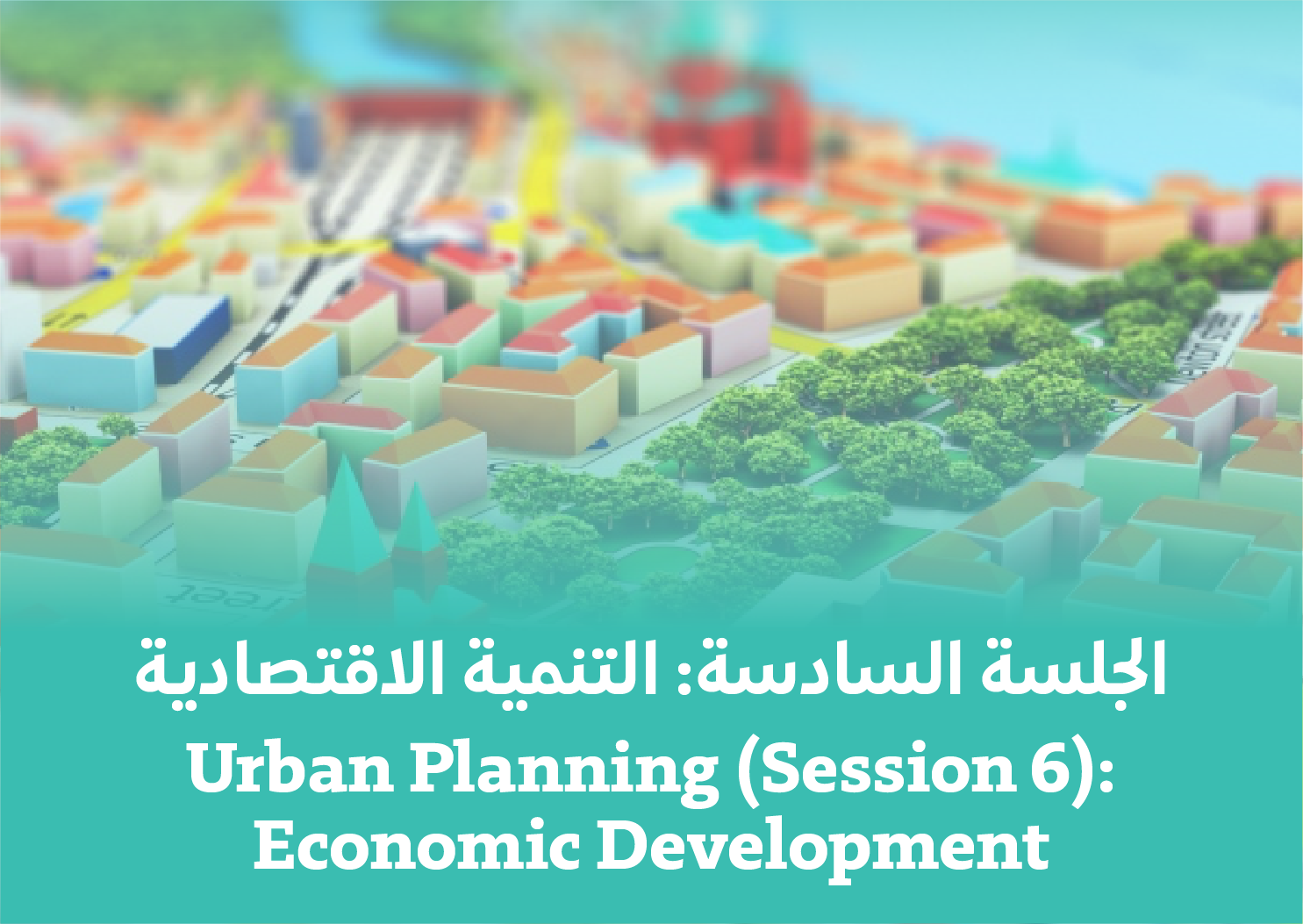
Introduction to Urban Planning
Session 6: Economic Development
This
session will equip municipalities and active citizens on the basic concepts
around local economic development. It explores what role planning can play in
providing an environment conducive to healthy businesses practices, such as
improving commercial centers and improving street design.
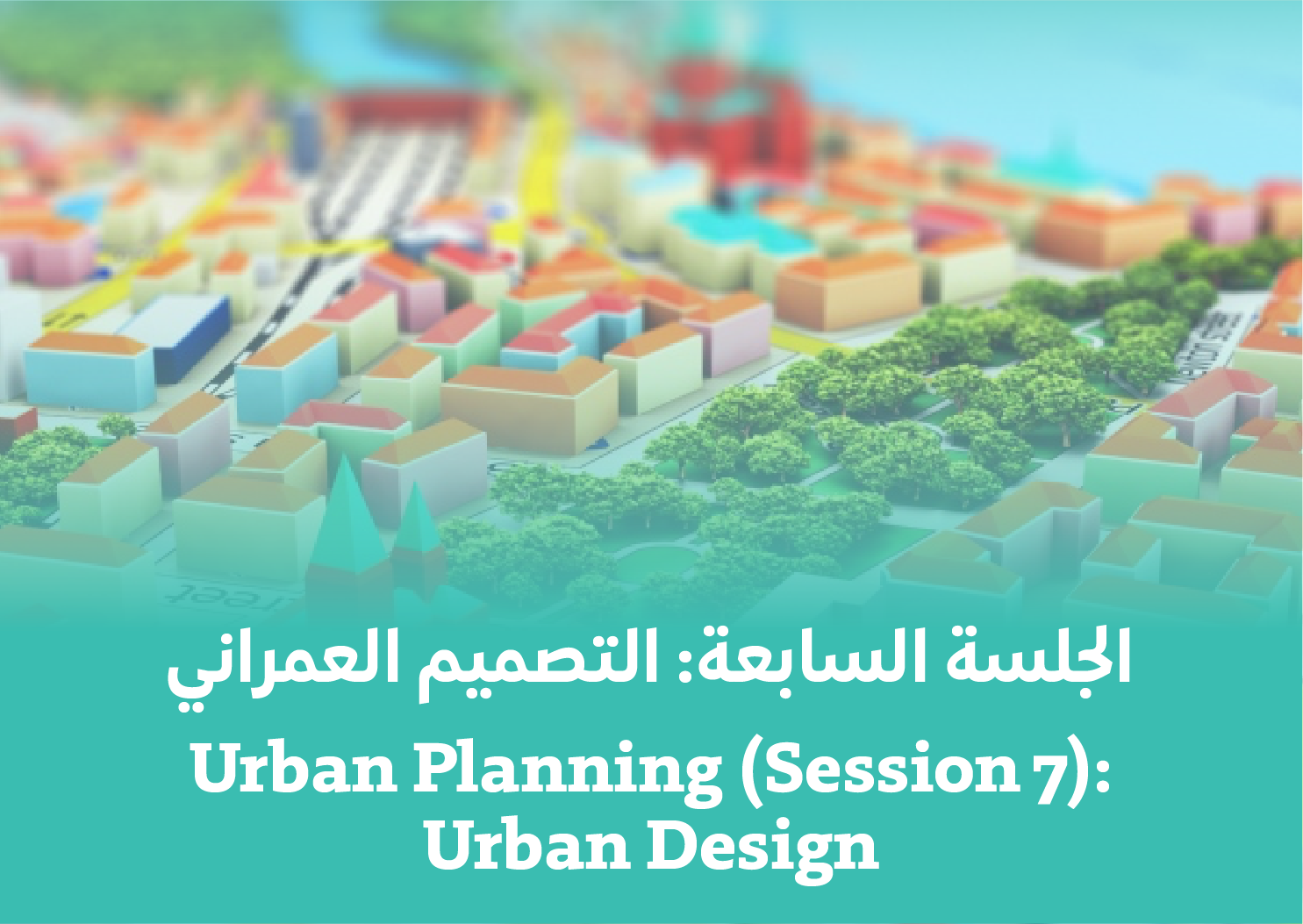
Introduction to Urban Planning
Session 7: Urban Design
This session explores the design and standards for building beautiful, sustainable and healthy places. It provides an overview of concepts such as smart growth, and emerging theories of urban design.
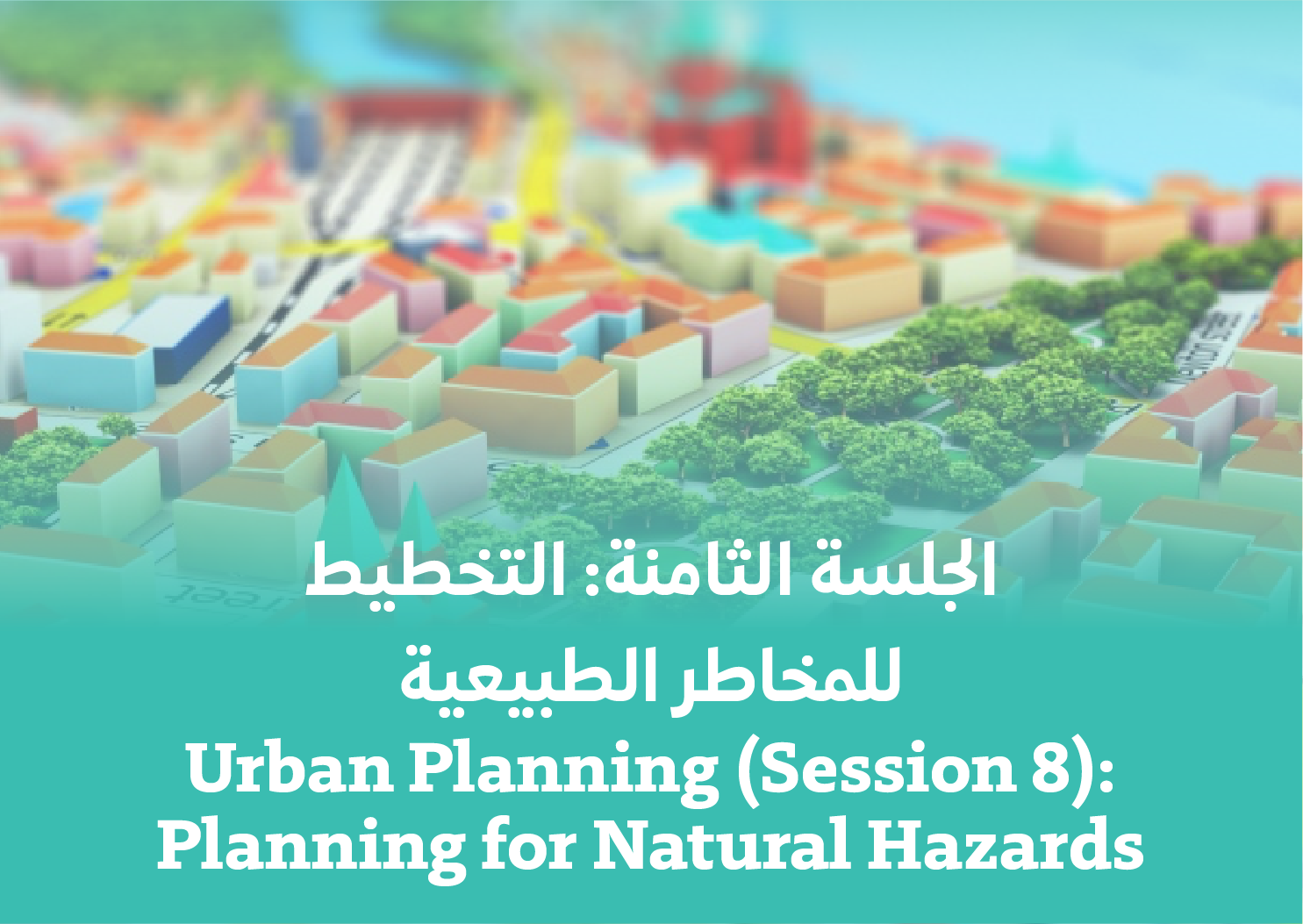
Introduction to Urban Planning
Session 8: Planning for Natural Hazards
This
session will assist municipalities and active citizens in understanding the
impact of natural disasters on urban centers and the need to plan in advance to
mitigate these impacts as well as emergency response.
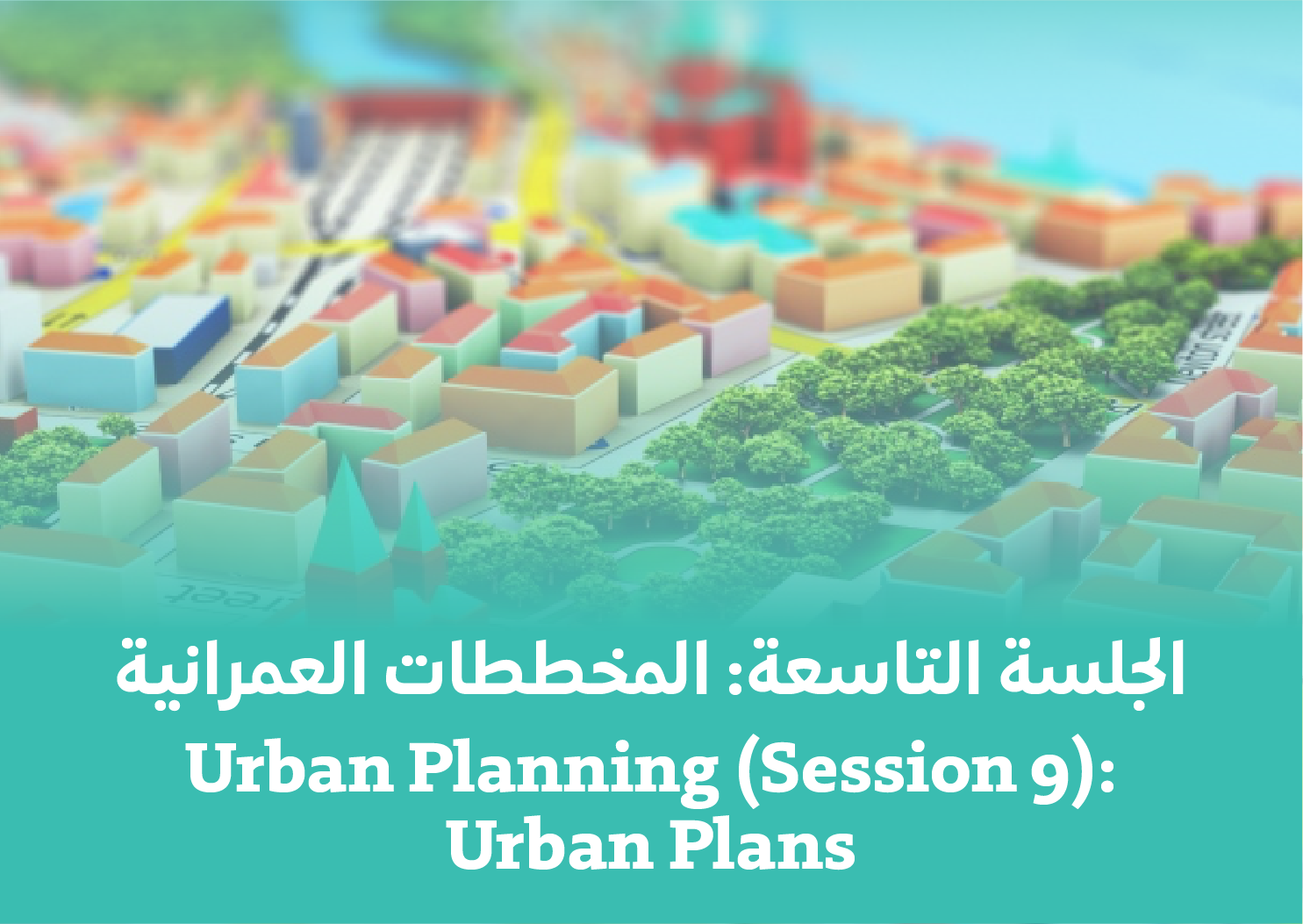
Introduction to Urban Planning
Session 9: Urban Plans
This session explores key concepts, goals and ideas which underpin the creation of successful urban plans. It provides an overview of planning at different scales and within different time frames.
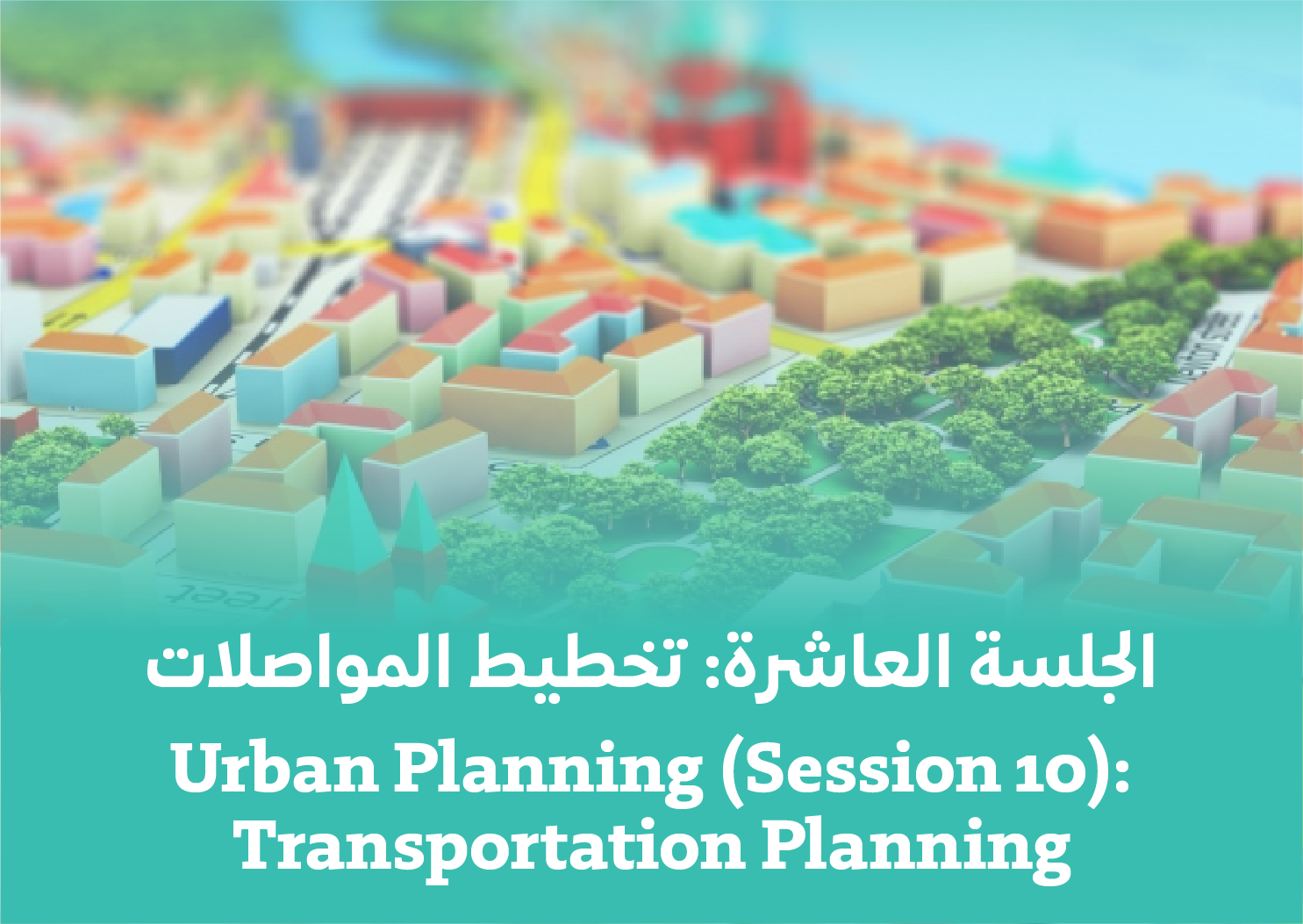
Introduction to Urban Planning
Session 10: Transportation Planning
This
session will provide municipalities and active citizens with an overview of the
history of transport planning and the challenges facing car-dependent cities.
It looks at multi-modal transport development, and the social, economic and
environmental benefit of public transportation.
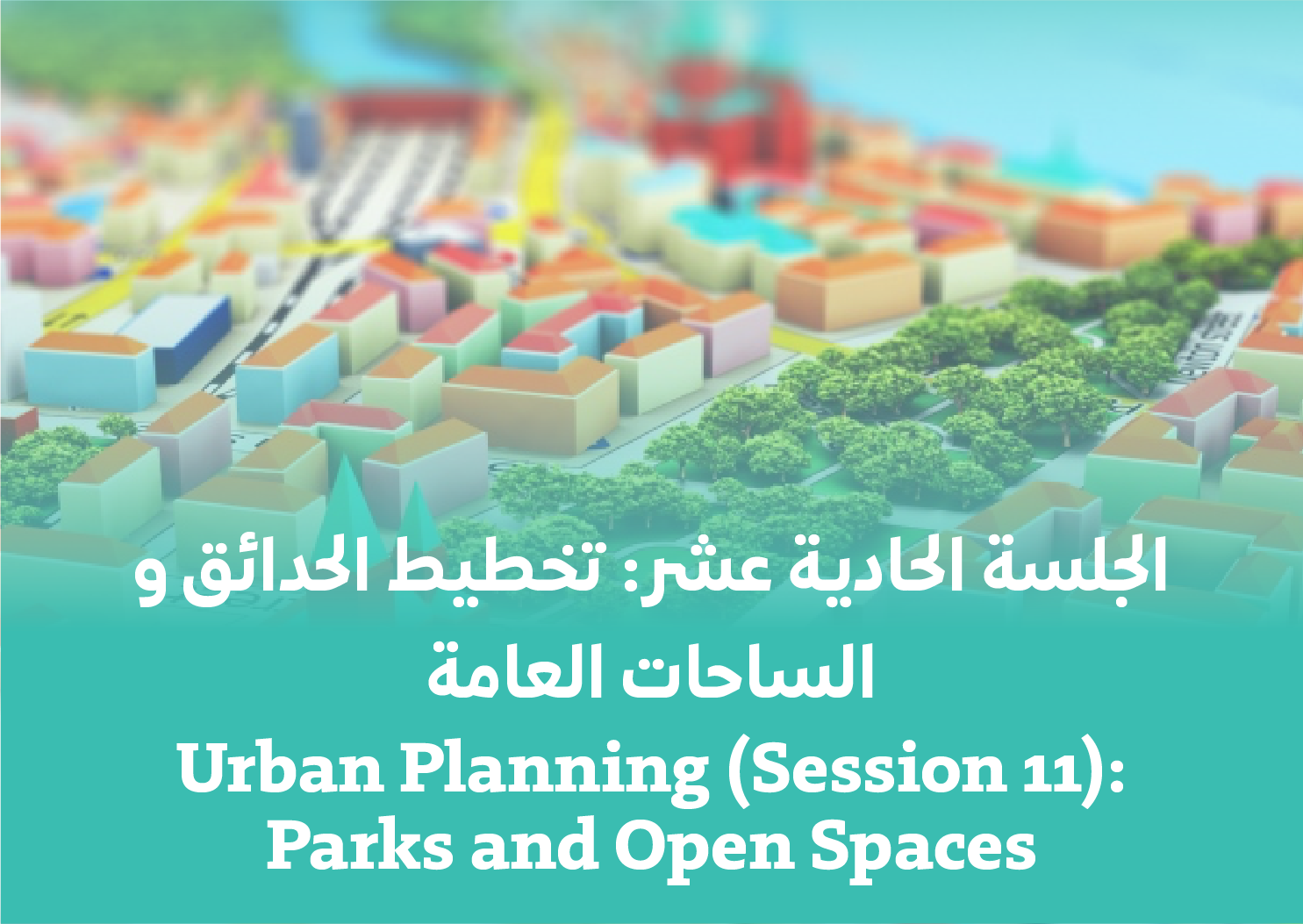
Introduction to Urban Planning
Session 11: Parks and Open Space Planning
This
session covers the categorization of public spaces in urban areas, and the
short-term and long-term benefits of green and open spaces. It also explores
contemporary park projects in Libya and the factors of their success.
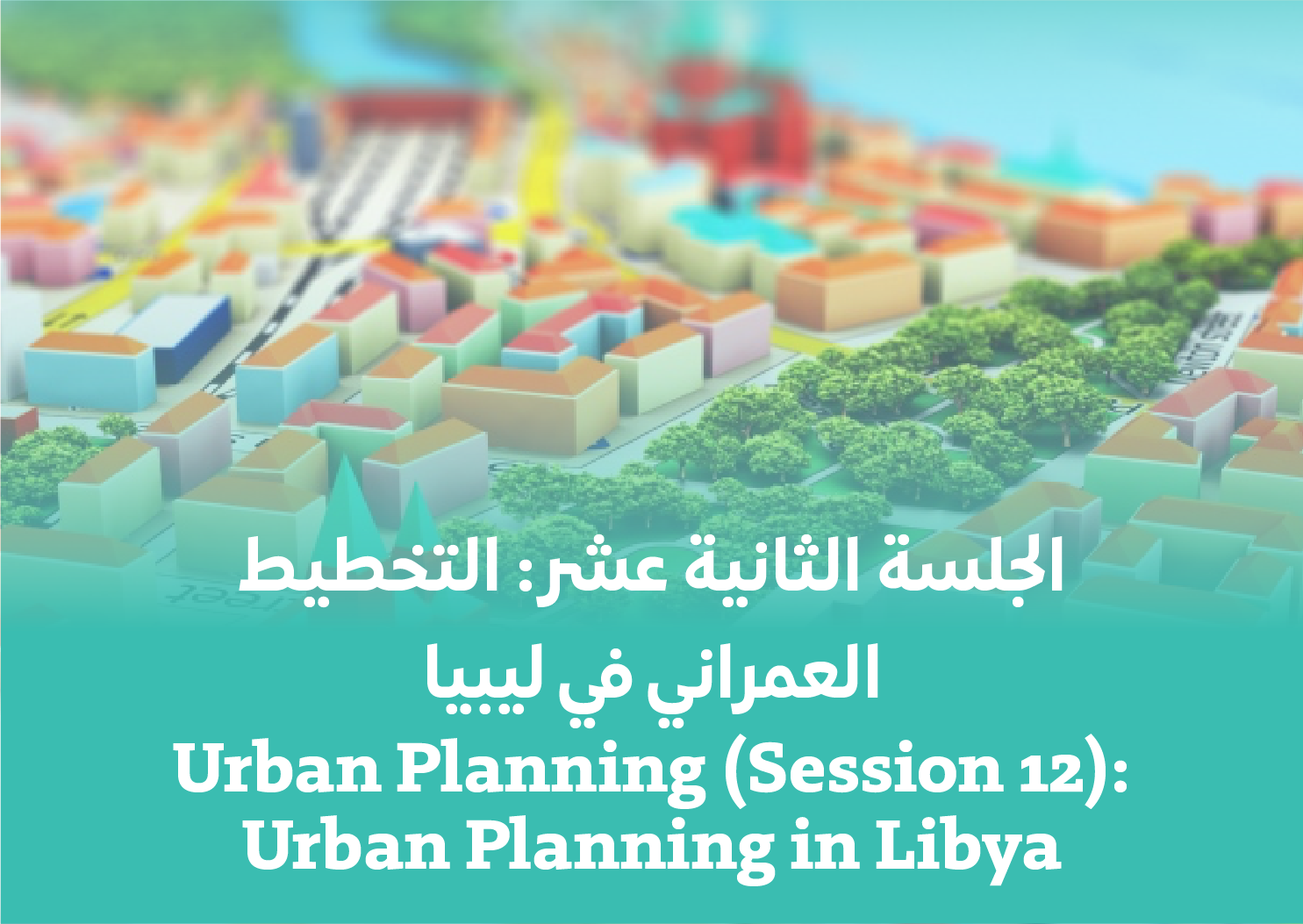
Introduction to Urban Planning
Session 12: Urban Planning in Libya
This session provides an overview of the history of urban planning in Libya, including the legislative, political and administrative frameworks which have shaped urban planning in Libya today. It sets out recommendations and proposals for the way forward to address the challenges facing Libyan cities and towns.
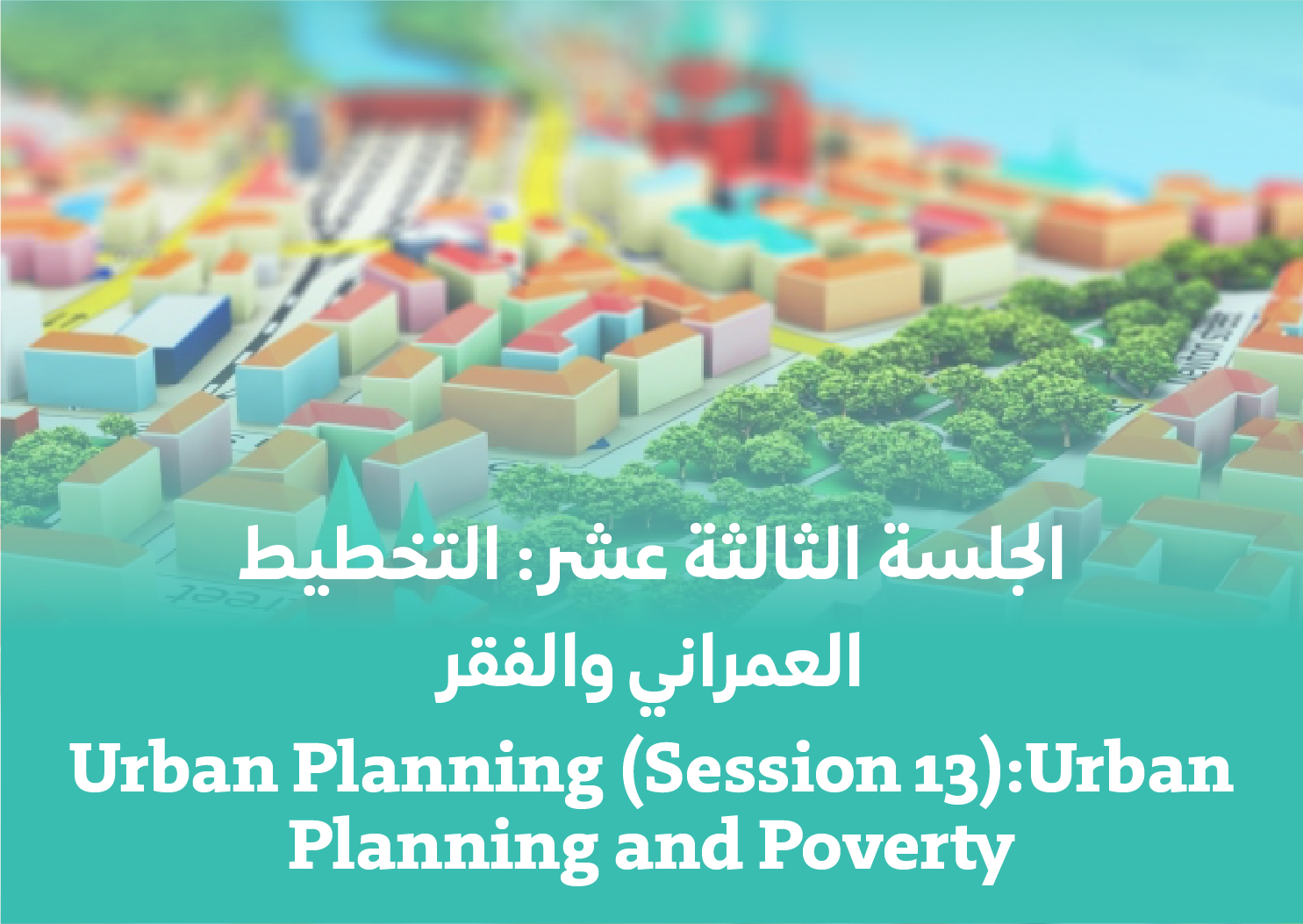
Introduction to Urban Planning
Session 13: Urban Planning and Poverty
Urban Planning and Poverty is a course that explores the relationship between urban planning and poverty in developing countries. The course examines the causes and consequences of urban poverty, the challenges and opportunities of urban planning, and the best practices and examples of urban planning against poverty
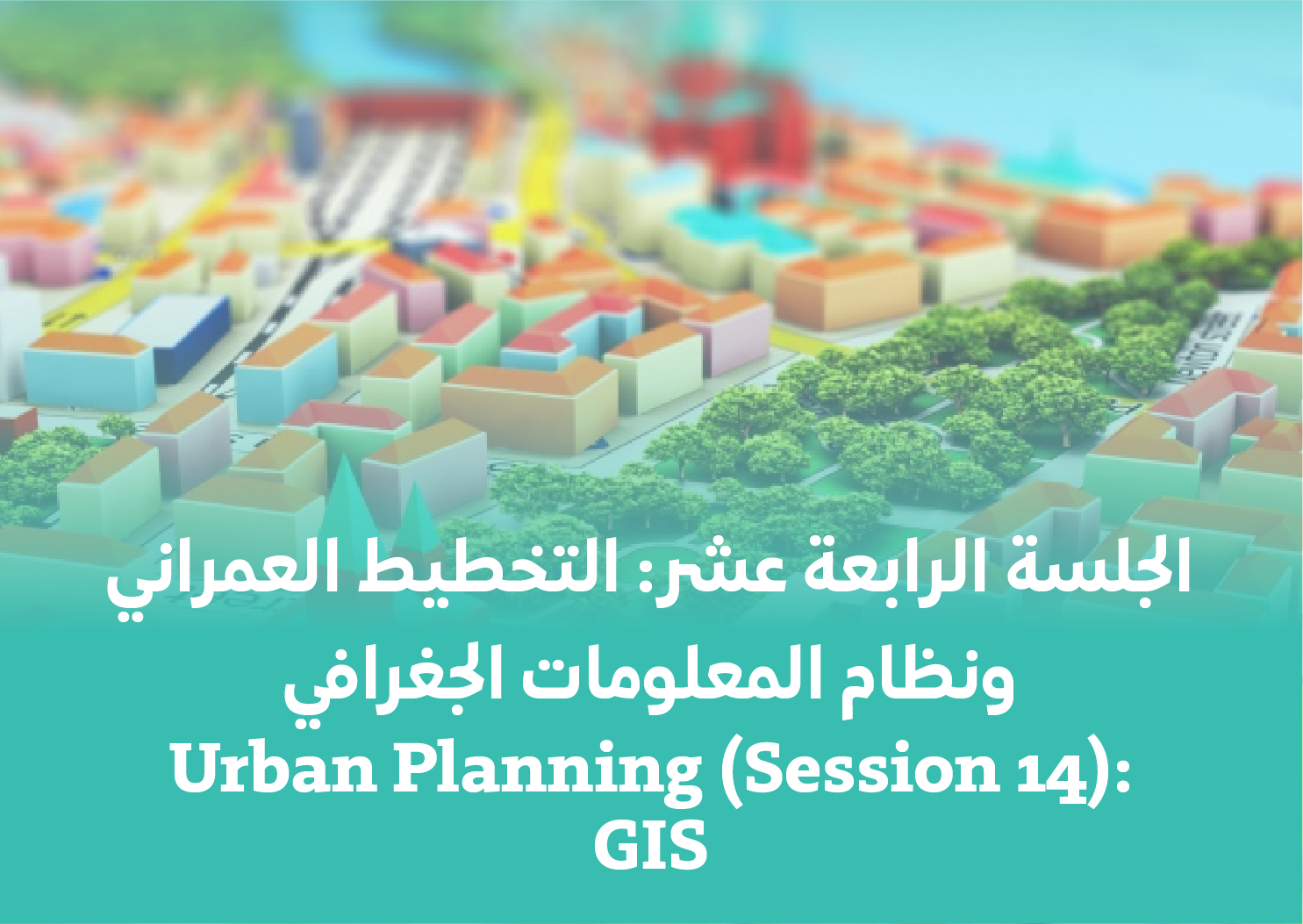
Introduction to Urban Planning
Session 14: Urban Planning and GIS
GIS for Urban Planning is a course that introduces the concepts and applications of geographic information systems (GIS) in the field of urban planning. The course covers the basic principles of GIS, also explores how GIS can be used to support various urban planning functions, such as land use planning, transportation planning, environmental planning, community development, and public participation.
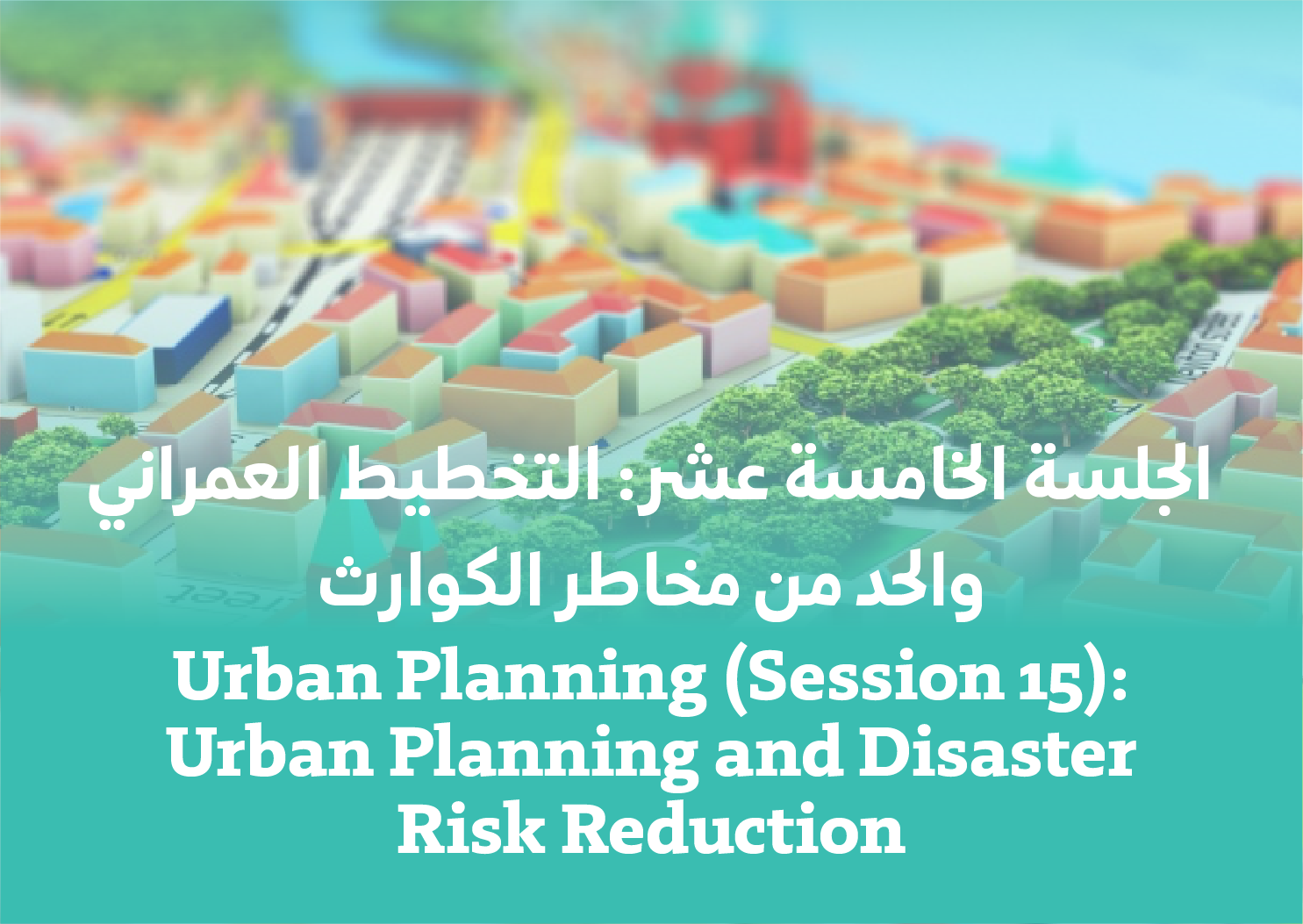
Introduction to Urban Planning
Session 15: Urban Planning and DRR
Urban Planning and DRR is a course that explores the role of urban planning in reducing disaster risk and enhancing resilience in cities. The course examines the concepts, principles, and practices of urban planning and disaster risk reduction (DRR), and how they can be integrated to address the challenges and opportunities of urban development in the context of climate change, natural hazards, and human-made threats
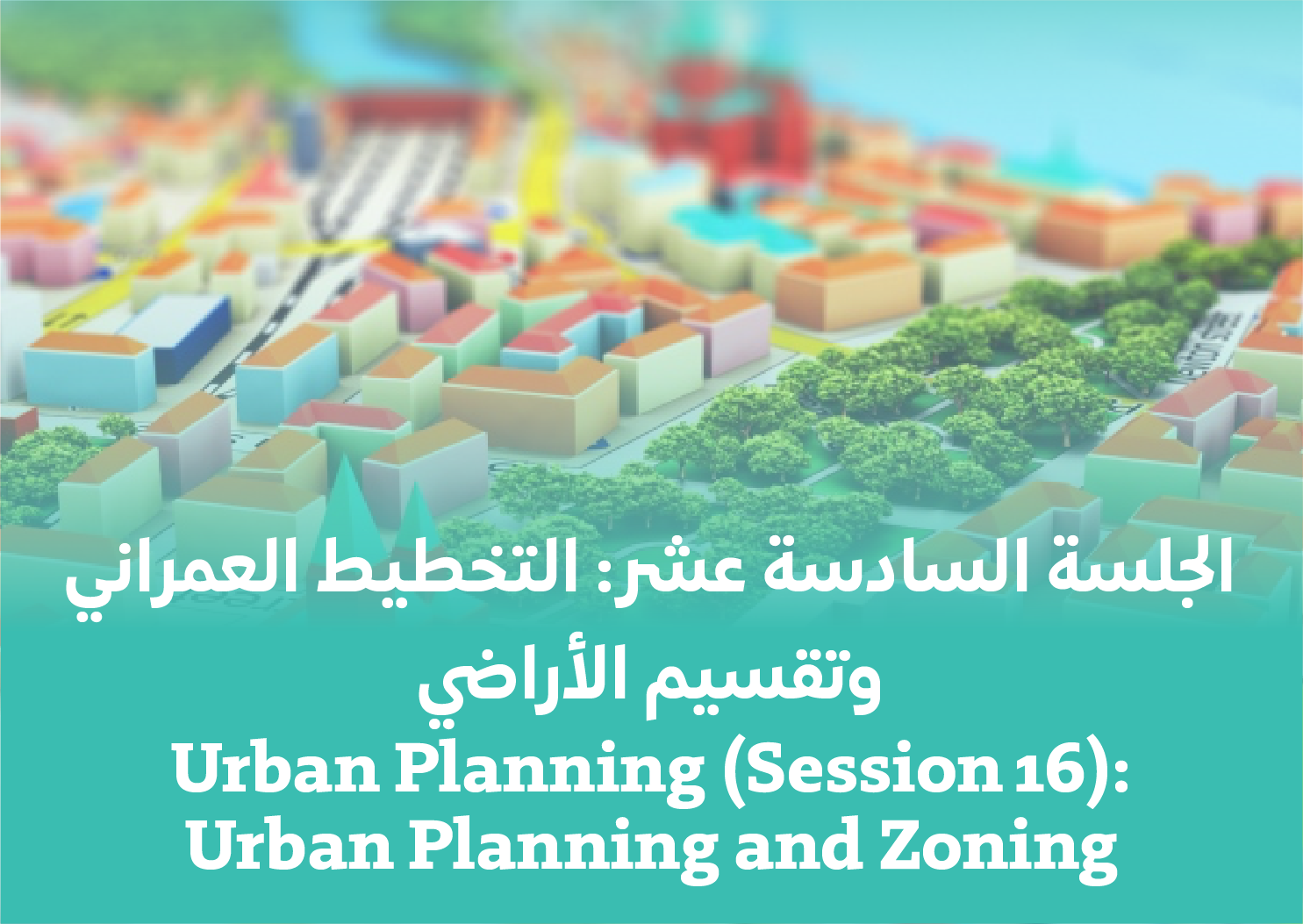
Introduction to Urban Planning
Session 16: Urban Planning and Zoning
Urban Planning and Zoning is a course that introduces the concept, principles, and practices of zoning as a method of regulating land use and development in urban areas. Zoning is an essential tool in successful urban planning, as it helps shape the layout, function, and character of towns and cities, and enables various types of development to coexist in a harmonious and efficient way. Zoning also provides clarity and certainty to municipal engineers, residents, and ministry of local government regarding permitted uses and development regulations within each zone
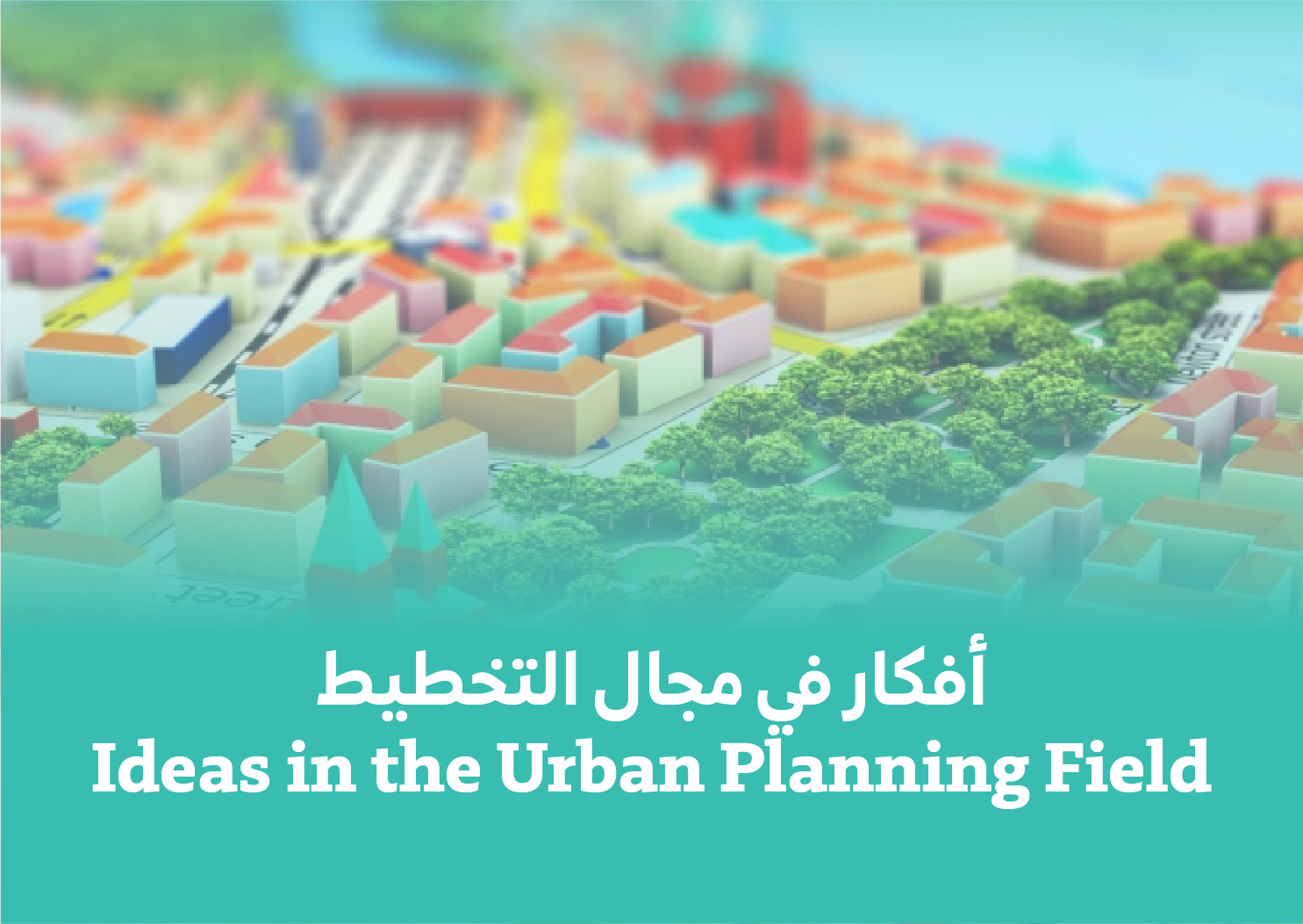
Introduction to Urban Planning
Planning Ideas for Urban Planners
This course focus on new and innovative methods for urban planners in each municipality and how to best incorporate international best practices in planning.